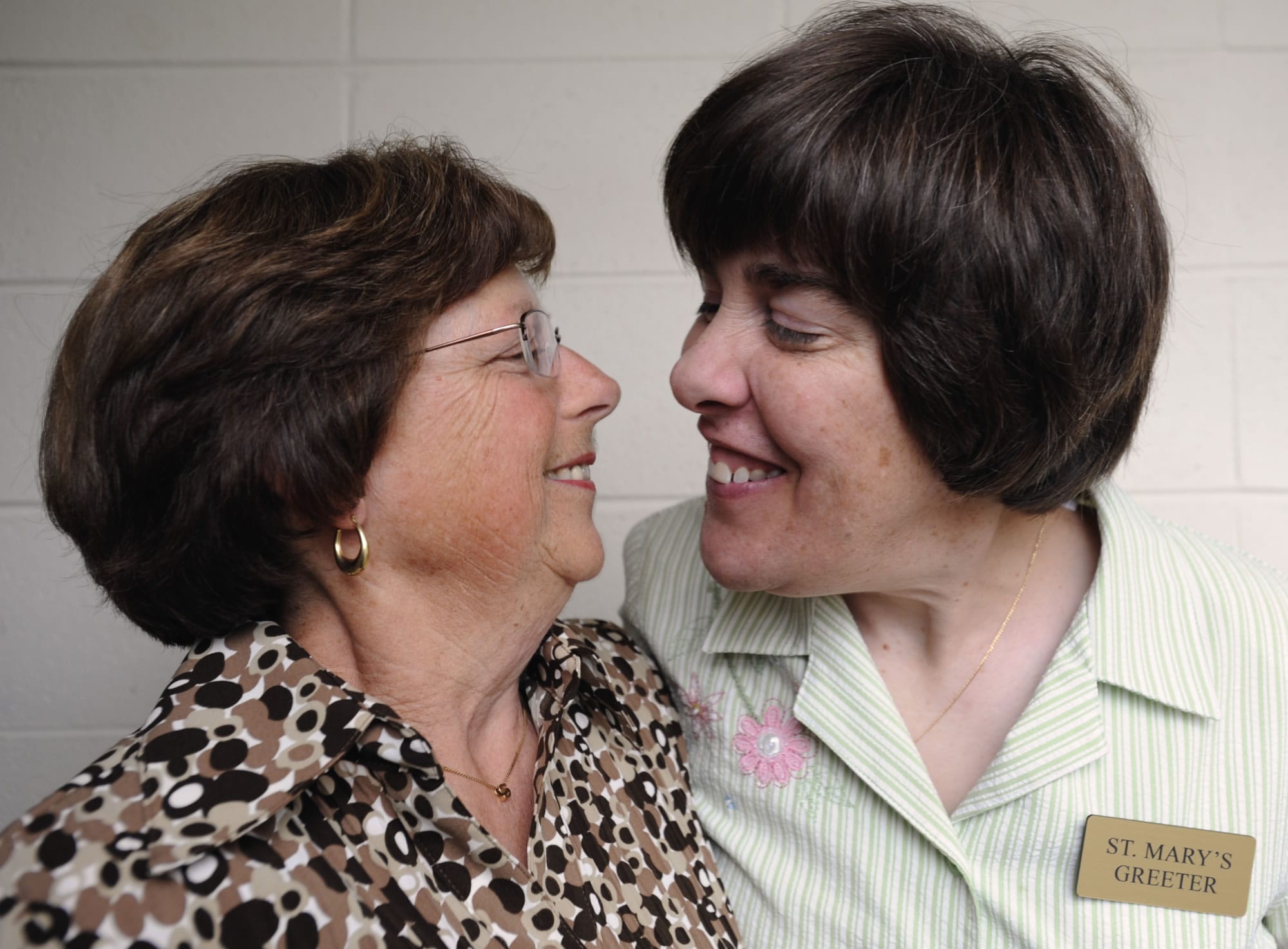When the Washington State Legislature almost failed to pass a budget by July 1, Innovative Services NW got ready to break bad news to some of its clients.
Child care benefits for low-income people and adult day care would have faced cuts, vice president for development and marketing Kathy Deschner said, and the supervised visitation program for foster children and parents would have “completely shut down.”
“We spent a lot of time contingency planning, and we had messages ready to go up on the website,” Deschner said. “We were waiting for information day by day, hour by hour. We were looking at every contract we have. We were all over the place.”
Unpredictable public funding is one of the biggest challenges the agency faces, she said. (And consider, she added, how much money was spent statewide on contingency planning — instead of services for people — by agencies that didn’t know until the last moment what funding they could count on).




